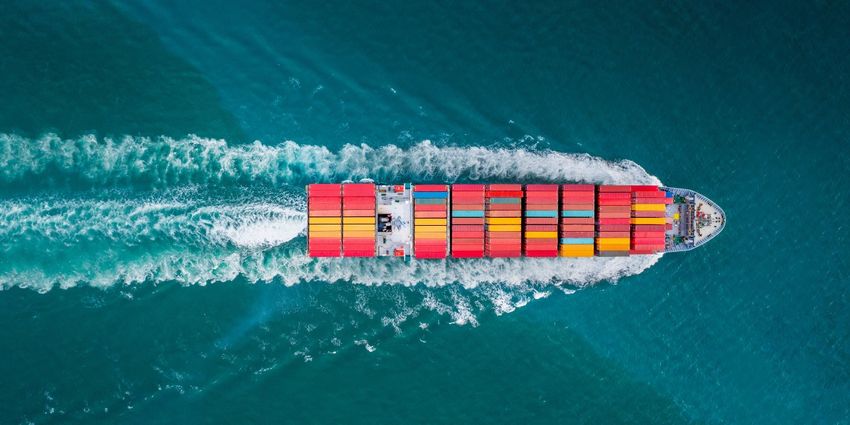As the world pushes for cleaner energy, the shipping industry—one of the biggest polluters—is looking for alternatives to diesel fuel. Could hydrogen fuel be the key to a greener future for ships? Let’s dive into the possibilities and challenges of hydrogen-powered maritime transport! 🌊⚡
1. Why Replace Diesel? The Problem with Fossil Fuels ⛽💨
Currently, most ships run on heavy fuel oil (HFO) or marine diesel, both of which:
❌ Produce high CO₂ emissions 🌍🔥
❌ Release sulfur oxides (SOx) and nitrogen oxides (NOx), causing air pollution ☠️
❌ Contribute to global warming and ocean acidification 🌊🌡️
With stricter environmental regulations (such as the IMO 2050 goal to cut emissions by 50%), the industry is urgently searching for cleaner fuels. 🚢💨
2. Hydrogen as a Clean Alternative: How Does It Work? ⚡🚀
Hydrogen can be used in two main ways to power ships:
✅ Hydrogen Fuel Cells 🔋 – Convert hydrogen into electricity, emitting only water vapor as a byproduct
✅ Hydrogen Combustion Engines 🔥 – Burn hydrogen like diesel but with zero carbon emissions
Since hydrogen is the most abundant element in the universe, it offers a sustainable energy source—if produced cleanly. 🌱
3. Advantages of Hydrogen Fuel for Ships 🌿🚢
🔹 Zero Emissions – No CO₂, SOx, or NOx pollution 🌍
🔹 High Energy Density – Hydrogen holds 3x more energy per unit than diesel ⚡
🔹 Silent & Efficient – Fuel cells operate quietly and reduce engine vibrations 🤫
🔹 Meets Future Regulations – Helps the shipping industry comply with environmental laws ✅
🚢 Example: The Hydroville (Belgium) became the first certified hydrogen-powered passenger ferry in 2017.
4. Challenges of Hydrogen in Shipping ⚠️🤯
Despite its benefits, hydrogen faces major obstacles:
❌ Storage Issues – Hydrogen must be stored at -253°C (cryogenic liquid) or under high pressure, requiring specialized tanks 🏗️
❌ High Production Costs – Green hydrogen (produced using renewable energy) is still expensive 💰
❌ Limited Infrastructure – Few ports have hydrogen refueling stations 🚢⛽
❌ Safety Concerns – Hydrogen is highly flammable and requires strict handling regulations 🔥⚠️
🚢 Example: The world’s first liquid hydrogen cargo ship, Suiso Frontier (Japan), was launched in 2021 to test hydrogen transportation feasibility.
5. Will Hydrogen Replace Diesel in Ships? The Future of Marine Fuel 🚢🔮
Hydrogen won’t replace diesel overnight, but it will play a major role in the future of shipping, alongside:
🔸 Ammonia-based fuels – A promising hydrogen carrier
🔸 Methanol & Biofuels – Cleaner alternatives already in use
🔸 Electric & Hybrid Ships – Suitable for short distances
🔹 Future Outlook: By 2040-2050, hydrogen-powered ships may become common for cargo and passenger transport, especially in regions with strict emissions regulations. 🚢⚡🌍
Conclusion: A Cleaner Shipping Future Awaits! 🌊⚡
Hydrogen fuel is a strong contender to replace diesel, offering zero emissions and high energy efficiency. While storage, cost, and infrastructure remain challenges, technological advancements and government support will likely accelerate hydrogen adoption in shipping. 🚀🌱


